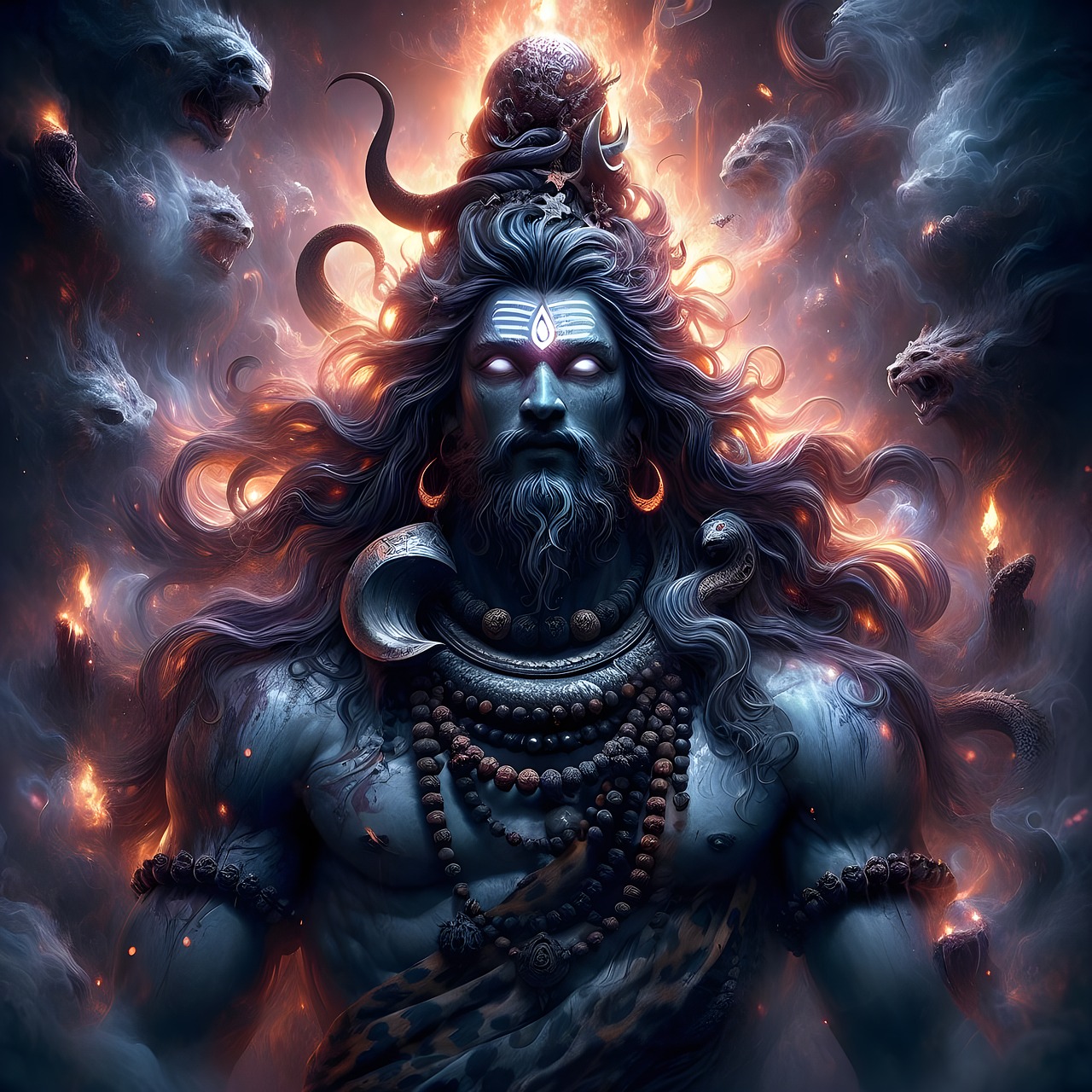The Future of Music Production Tools: Predictions from Saurabh Chandrakar
Sourabh Chandrakar Wedding, Sourabh Chandrakar: One of the primary challenges faced by music producers today is the complexity of software interfaces. With the advancement of technology, music production tools have become increasingly sophisticated, often requiring a steep learning curve. Navigating through multiple windows, menus, and settings can be overwhelming for beginners and even seasoned professionals, leading to inefficiencies in the creative process.
Another struggle in current music production tools is the lack of seamless integration between different software and hardware components. Incompatibility issues between digital audio workstations (DAWs), plugins, and external devices can disrupt workflow and hinder the realization of the artist’s vision. This fragmentation not only slows down the production process but also limits the creative possibilities available to music producers.
Emerging Technologies in Music Production
Advancements in technology have revolutionized the way music is produced and consumed. From virtual instruments and software plugins to high-quality recording equipment, musicians now have a plethora of tools at their disposal to create professional-grade music from the comfort of their own homes.
Additionally, emerging technologies like artificial intelligence and machine learning are starting to play a significant role in music production. Algorithms can now help musicians generate chord progressions, melodies, and entire song structures with a click of a button, streamlining the creative process and pushing the boundaries of what is possible in music production.
Integration of Artificial Intelligence in Music Production
Artificial intelligence (AI) has swiftly made its mark on the music industry, revolutionizing the way music is created, produced, and consumed. Through the integration of AI in music production, artists and producers are able to efficiently explore innovative sounds, generate new melodies, and enhance their creative processes. AI technology now offers advanced tools that can analyze vast amounts of music data to assist artists in making informed decisions during the production phase.
Additionally, AI software can be employed to help music producers in tasks such as vocal tuning, rhythm correction, and even mastering tracks. This automation not only saves time but also provides a level of precision that was previously unattainable through traditional production methods. With the aid of AI, musicians are empowered to experiment with diverse styles and genres, enabling them to push the boundaries of their creativity in ways that were once unimaginable.







